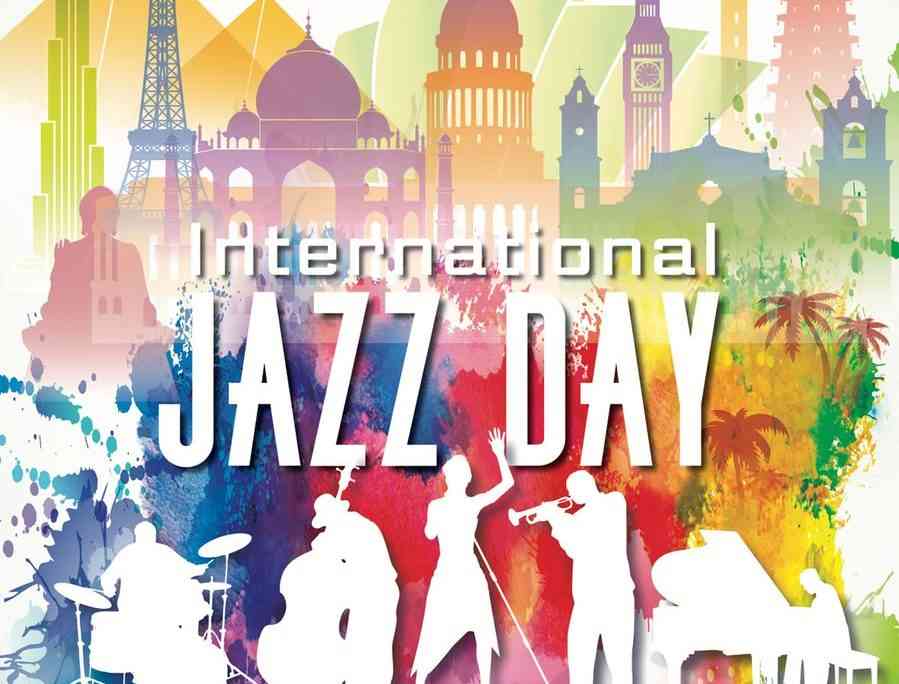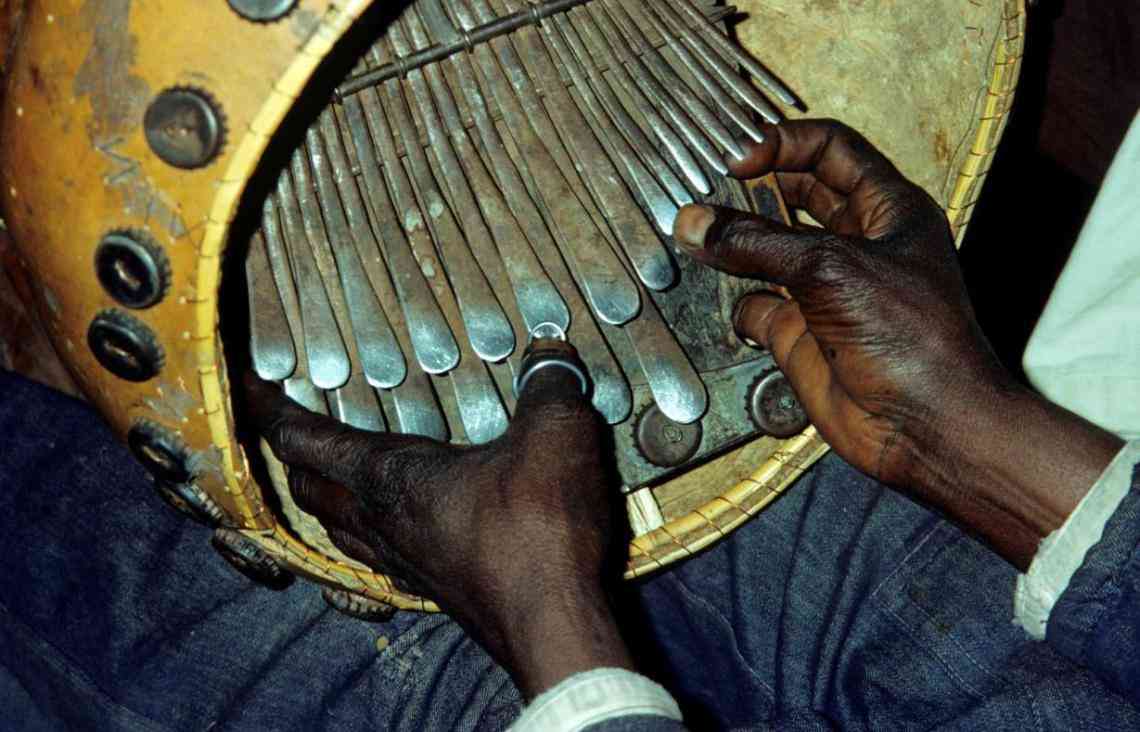
Bulawayo-based writer Farai Mpofu, who published a story on the post-independence Gukurahundi massacres in Matabeleland and Midlands entitled Jacarandas Blooming, has decided to reach to a wider readership through a Shona version of the reflective piece.
The Shona translation, done by veteran writer Charles Mungoshi and now entitled Seri Kweguva, comes as part of a collection of short stories called Mazambuko.
The story was first published in an English anthology entitled Writing Still.
Mpofu said he decided to write the story about Gukurahundi because he felt he could tell the story of Matabeleland much better.
“Most people in the country do not understand why people in Matabeleland always talk about Gukurahundi. The effects are outstanding and that is why most people from the province feel comfortable living outside the country,” said the 31-year-old writer.
In the story Mpofu uses a character called Jabu to capture the effects of Gukurahundi.
Jabu loses his mother during the disturbances where thousands of innocent civilians were massacred and decides to leave the country and go to Botswana.
While in the neighbouring country, he becomes a victim of xenophobia with the locals there accusing him coming into their country “to take their women and jobs”.
- Chamisa under fire over US$120K donation
- Mavhunga puts DeMbare into Chibuku quarterfinals
- Pension funds bet on Cabora Bassa oilfields
- Councils defy govt fire tender directive
Keep Reading
He is later brought before a traditional court and is caned before being thrown into prison. He writes a letter to his late mother “with tears” as Mpofu put it. He is later deported.
“Most victims of xenophobia in South Africa and Botswana are people that hail from Matabeleland and the Midlands,” said the high school teacher. “They left after realising that danger was knocking at their doors.”
Nine other writers are also included in the anthology.











